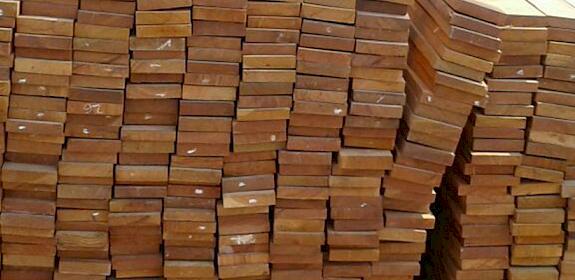Notes:
Timber Island: The Rosewood and Ebony Trade of Madagascar was prepared by TRAFFIC in English and in French under the USAID-funded SCAPES project on “Preserving Madagascar’s Natural Resources”, which aims to combat the illegal trade in Madagascar’s natural resources through capacity building for Malagasy stakeholders.
TRAFFIC has also helped prepare a Framework for the Evaluation of the Legality of Forestry Operations and the Processing and Marketing of Timber: Principles, Criteria and Indicators for Madagascar, which sets out all the relevant legislation regarding timber trade in the country.
The framework is also availble in French: Cadre pour l’Evaluation de la Légalité des Opérations forestières, de la Transformation et de la Commercialisation des bois : Principes, Critères et Indicateurs pour Madagascar.
The SCAPES project was launched in 2013 and is implemented by a consortium of four NGOs: WWF, Wildlife Conservation Society, Conservation International (CI) and TRAFFIC, in close collaboration with civil society and government.




